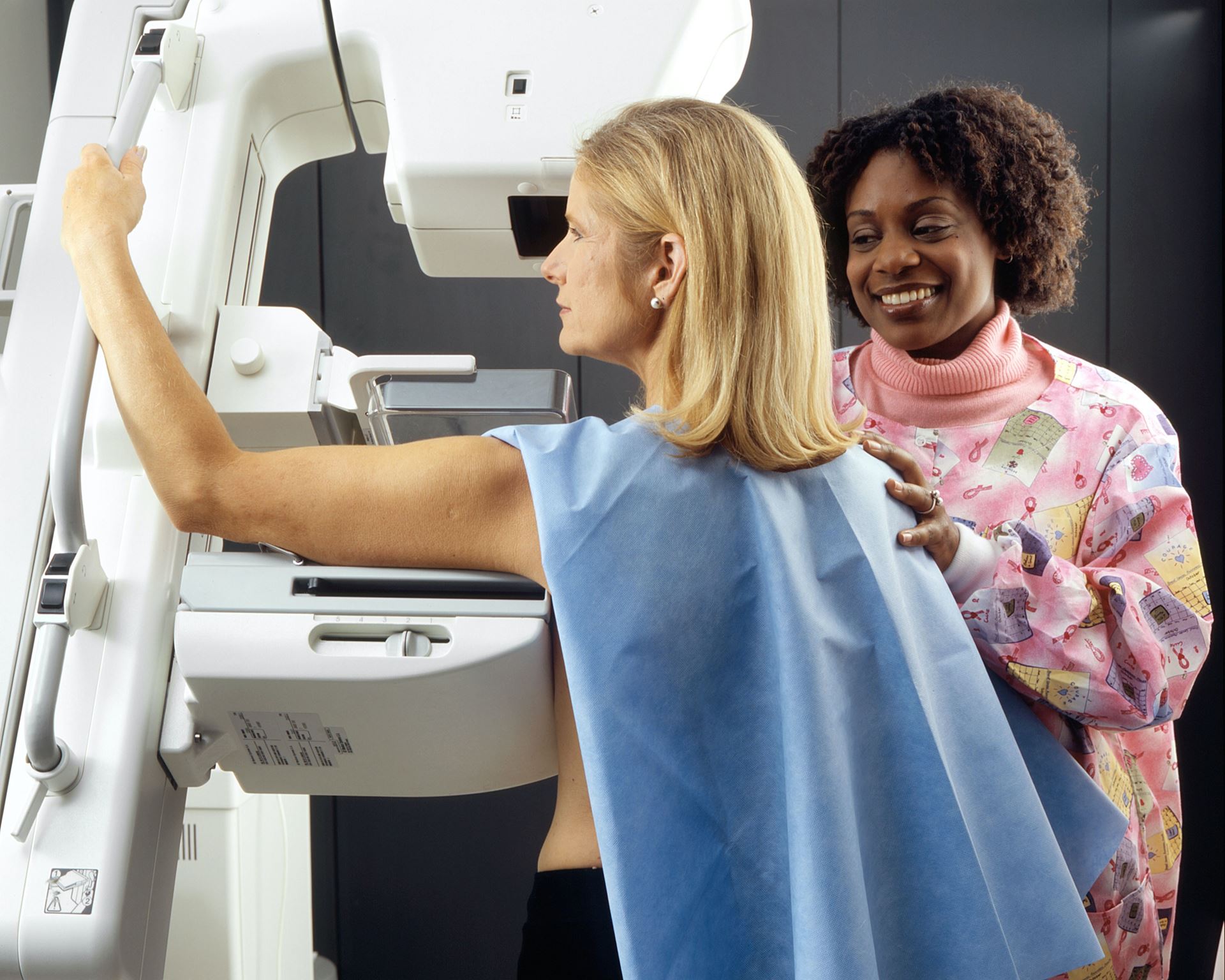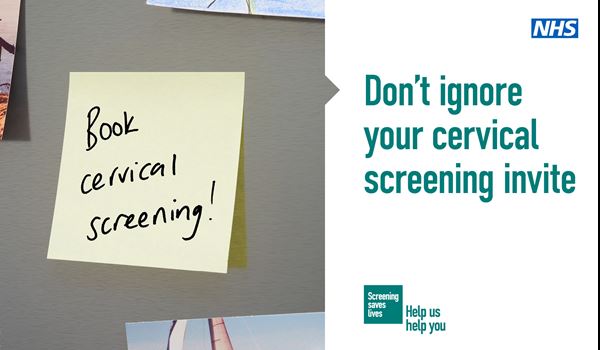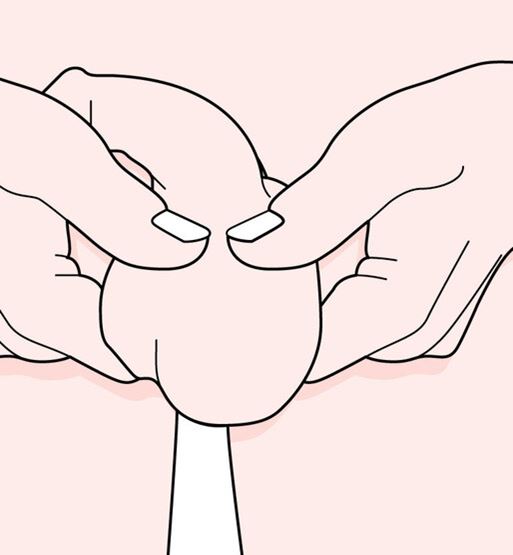Checking Yourself
Non-urgent advice: Breast Cancer Screening Programme
The NHS offers screening to save lives from breast cancer. Screening does this by finding breast cancers at an early stage when they are too small to see or feel. Screening does not prevent you from getting breast cancer.
Breast screening uses an X-ray test called a mammogram to check the breast for signs of cancer. It can spot cancers that are too small to see or feel..
All women aged 50 up to their 71st birthday are invited for breast screening every 3 years. We send out first invitations to screening some time between your 50th and 53rd birthdays.
It is rare for men to have breast cancer, so they are not invited to be screened as part of a national screening programme.
Find out more about about the NHS breast sceening programme on the Government Website and at Cancer Research UK

Cervical Screening is a free test available on the NHS

Non-urgent advice: Cervical Cancer Screening Programme
Cervical screening is a free test available on the NHS as part of the national cervical screening programme that helps prevent cervical cancer. It checks for a virus called human papillomavirus (HPV) and, if you have HPV, cervical cell changes (abnormal cells).
All women and people with a cervix aged 25 to 64 are automatically invited for cervical screening by letter.
It is your choice whether to go for cervical screening. For more information to help you make the best decision for you and your health visit Cervical screening - The Eve Appeal
Non-urgent advice: Bowel Cancer Screening Programme
Bowel cancer screening can save lives. Screening aims to detect bowel cancer at an early stage, when treatment has the best chance of working.
The bowel cancer screening programme in the UK use a home test kit, called a faecal immunochemical test (FIT), to collect a small sample of poo and send it to a lab. This is checked for tiny amounts of blood.
Everyone aged 60 to 74 who is registered with a GP and lives in England is automatically sent a bowel cancer screening kit every 2 years. The programme includes 56 year olds. If you're 75 or over, you can ask for a kit every 2 years by phoning the free bowel cancer screening helpline on 0800 707 60 60.
Always see a GP if you have symptoms of bowel cancer at any age, even if you have recently completed a NHS bowel cancer screening test kit – do not wait to have a screening test.
For more information about Bowel Screening visit Bowel Screening UK.
Checking yourself for Testicular Cancer

Non-urgent advice: Testicular Cancer
From puberty onwards, it is important to check your testicles regularly. Testicular Cancer is usually always cured but it is easier to treat when it is diagnosed early.
Checking for testicular cancer is sometimes called testicular self-examination. Doing this regularly means you soon get to know what feels normal for you. A normal testicle should feel smooth and firm, but not hard.
To make sure that you catch any changes, it’s really important to regularly check your testicles. It’s up to you when you do it, though most people find it easier to do in the bath or shower.
Check on Macmillan Cancer Support's guide https://www.macmillan.org.uk/cancer-information-and-support/testicular-cancer/how-to-check for how to check your testicles.
Non-urgent advice: Checking yourself for Breast Cancer
Every woman's breasts are different in terms of size, shape and consistency. It's also possible for one breast to be larger than the other.
Get used to how your breasts feel at different times of the month. This can change during your menstrual cycle. For example, some women have tender and lumpy breasts, especially near the armpit, around the time of their period.
After the menopause, normal breasts feel softer, less firm and not as lumpy.
The has produced a 5-point plan for being breast aware:
- know what's normal for you
- look at your breasts and feel them
- know what changes to look for
- report any changes to a GP without delay
- attend routine screening if you're aged 50 to 70
Look at your breasts and feel each breast and armpit, and up to your collarbone. You may find it easiest to do this in the shower or bath, by running a soapy hand over each breast and up under each armpit.
You can also look at your breasts in the mirror. Look with your arms by your side and also with them raised.
Page created: 02 January 2020